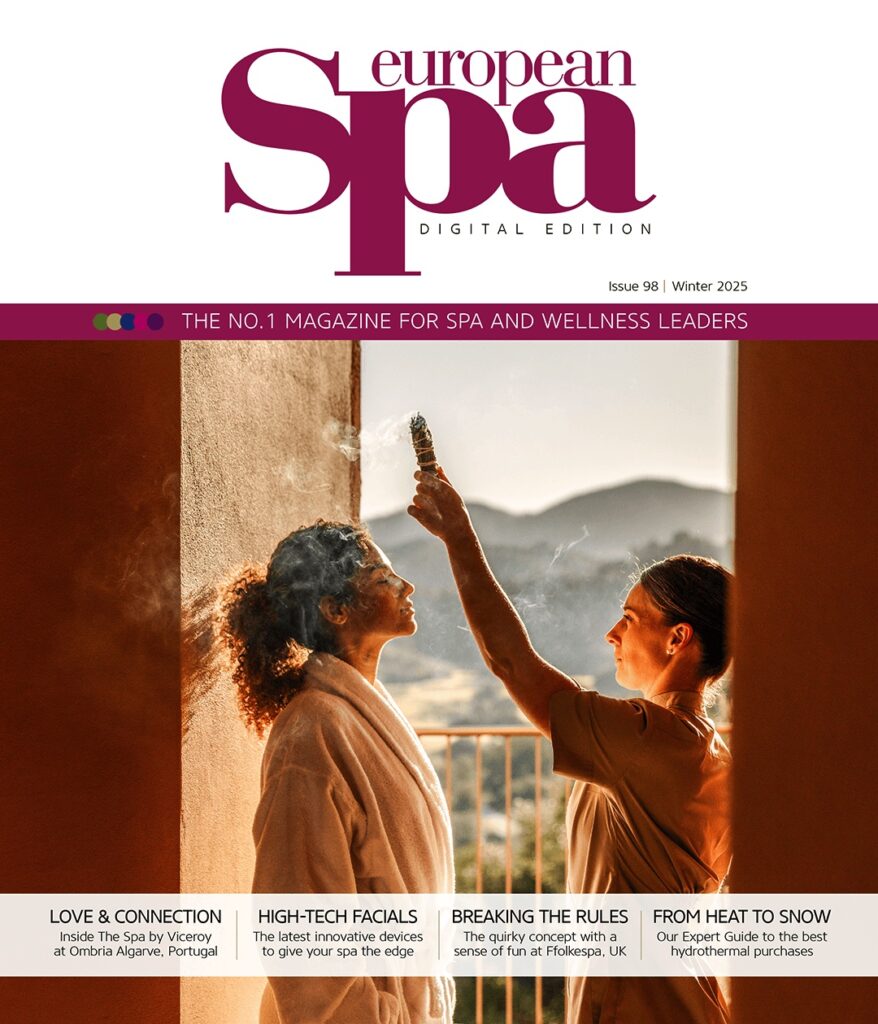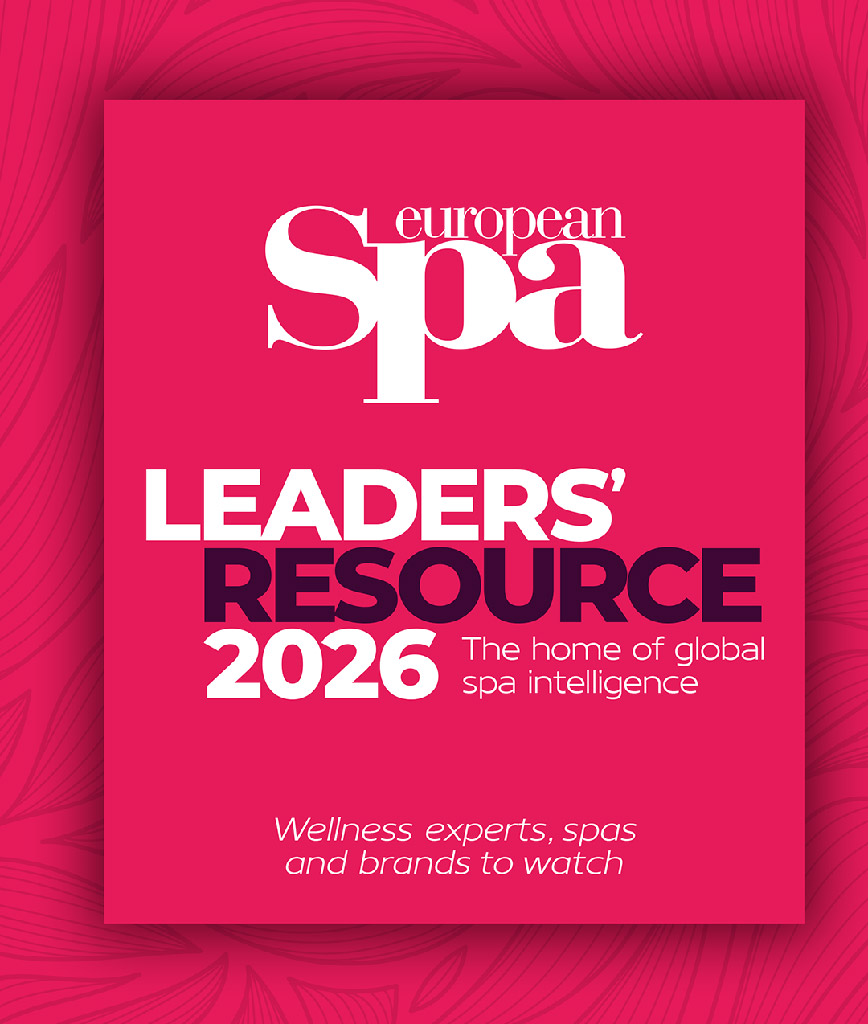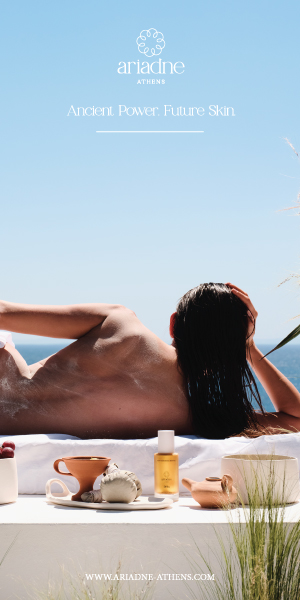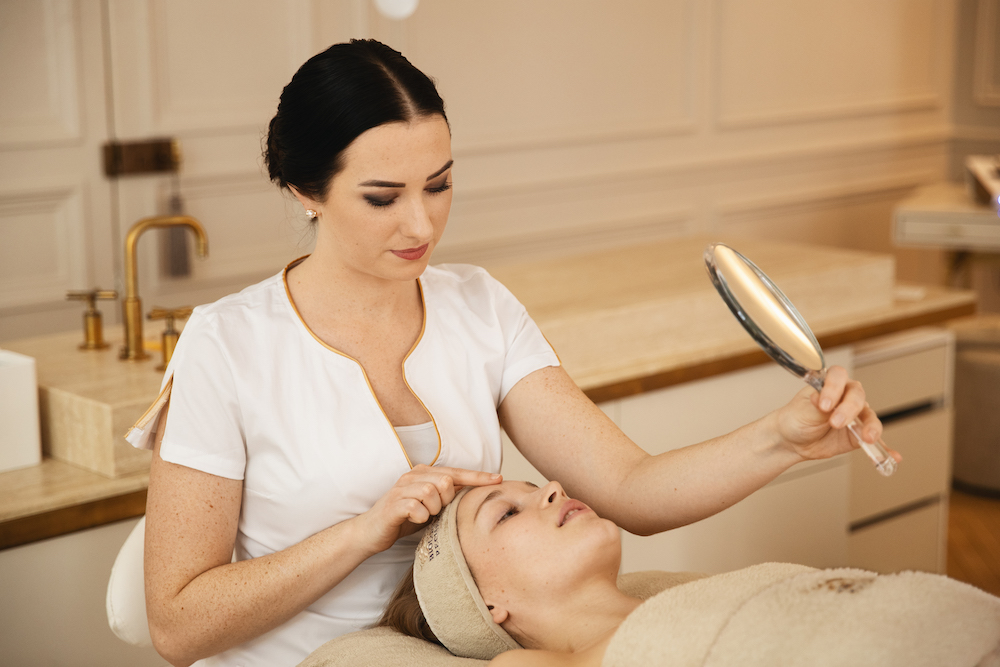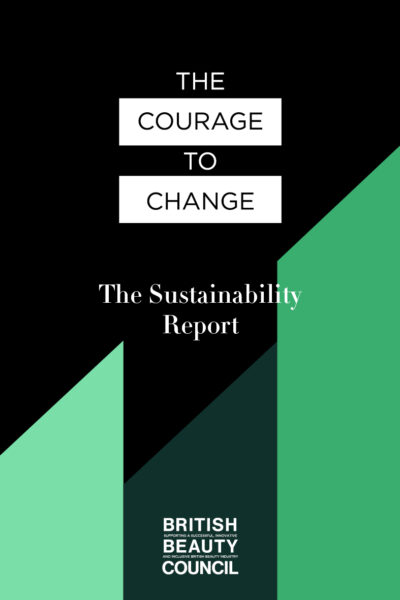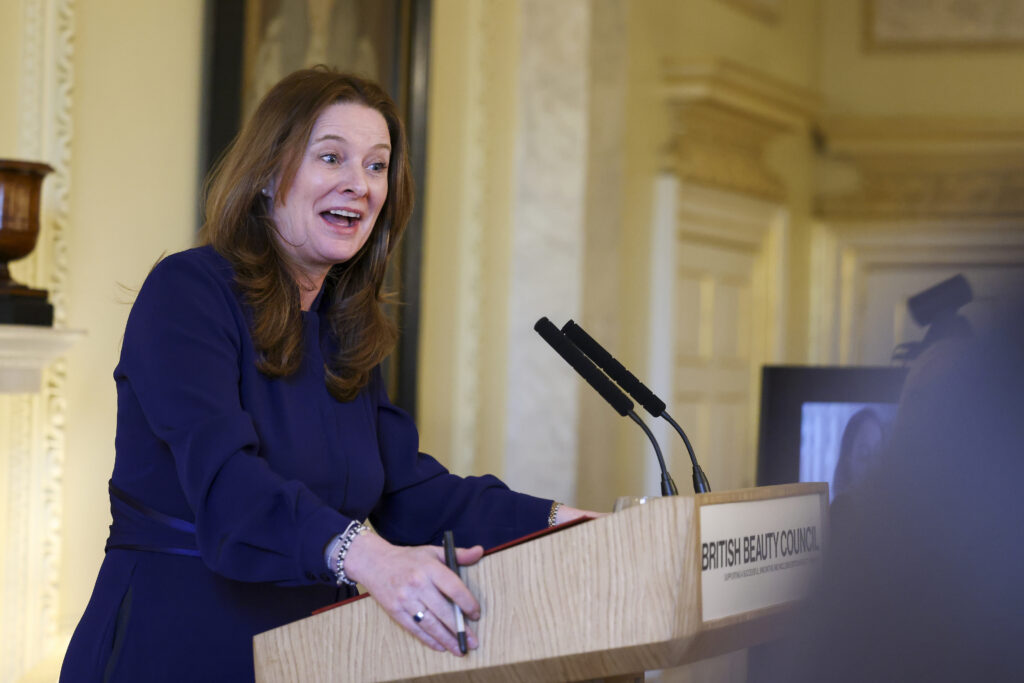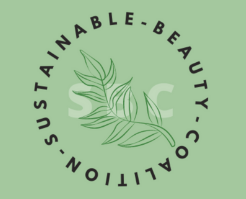British Beauty Council CEO, Millie Kendall OBE, has revealed the findings of the 2023 Value of Beauty Report, alongside chief policy officer, Victoria Brownlie and COO Helena Grzesk MBE.
Conducted by Oxford Economics, the second Value of Beauty Report reveals that, in 2022, the personal care industry supported a total GDP contribution of £24.5 billion.
This figure is down from £27.2 billion in 2018.
